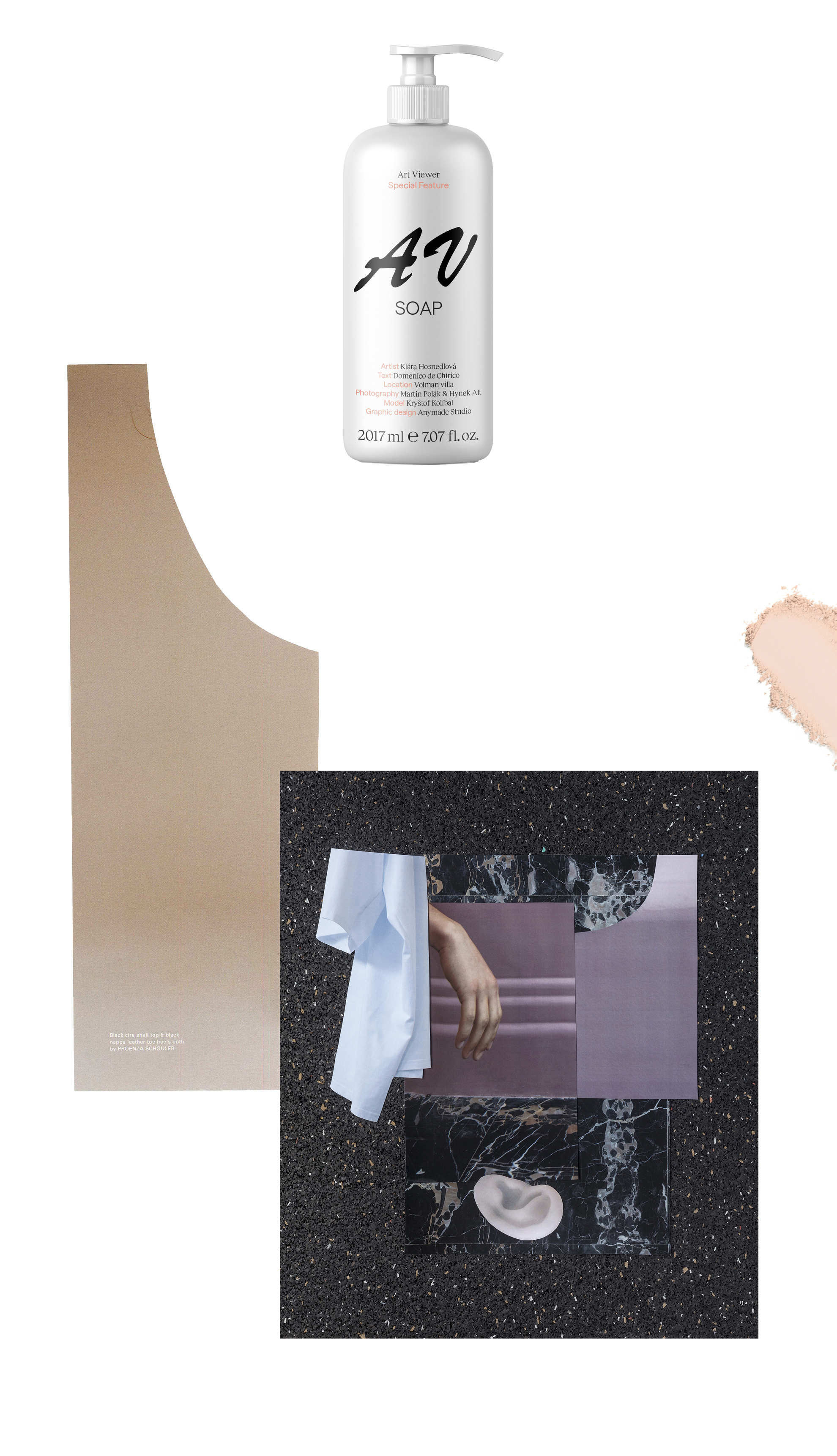
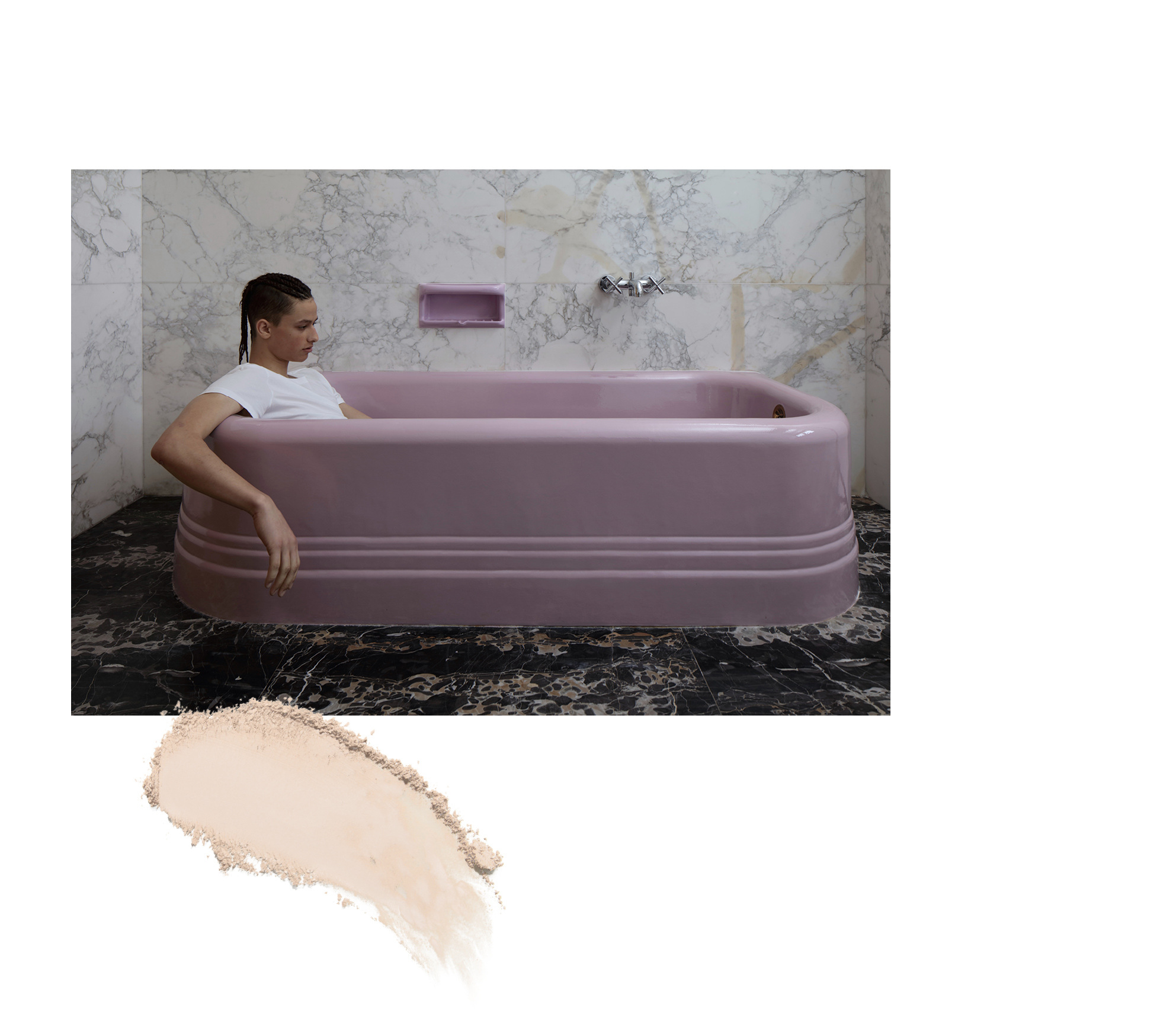
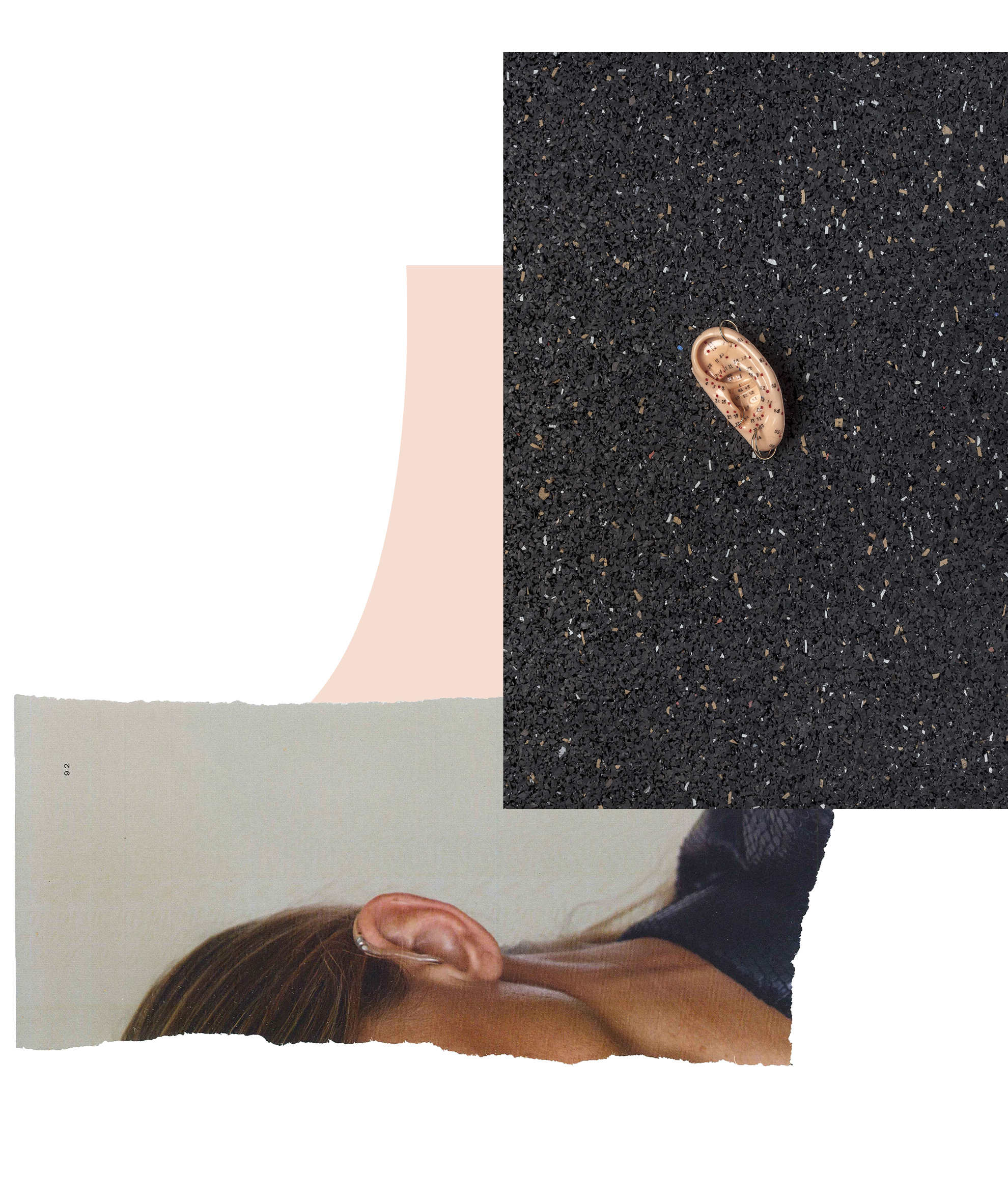
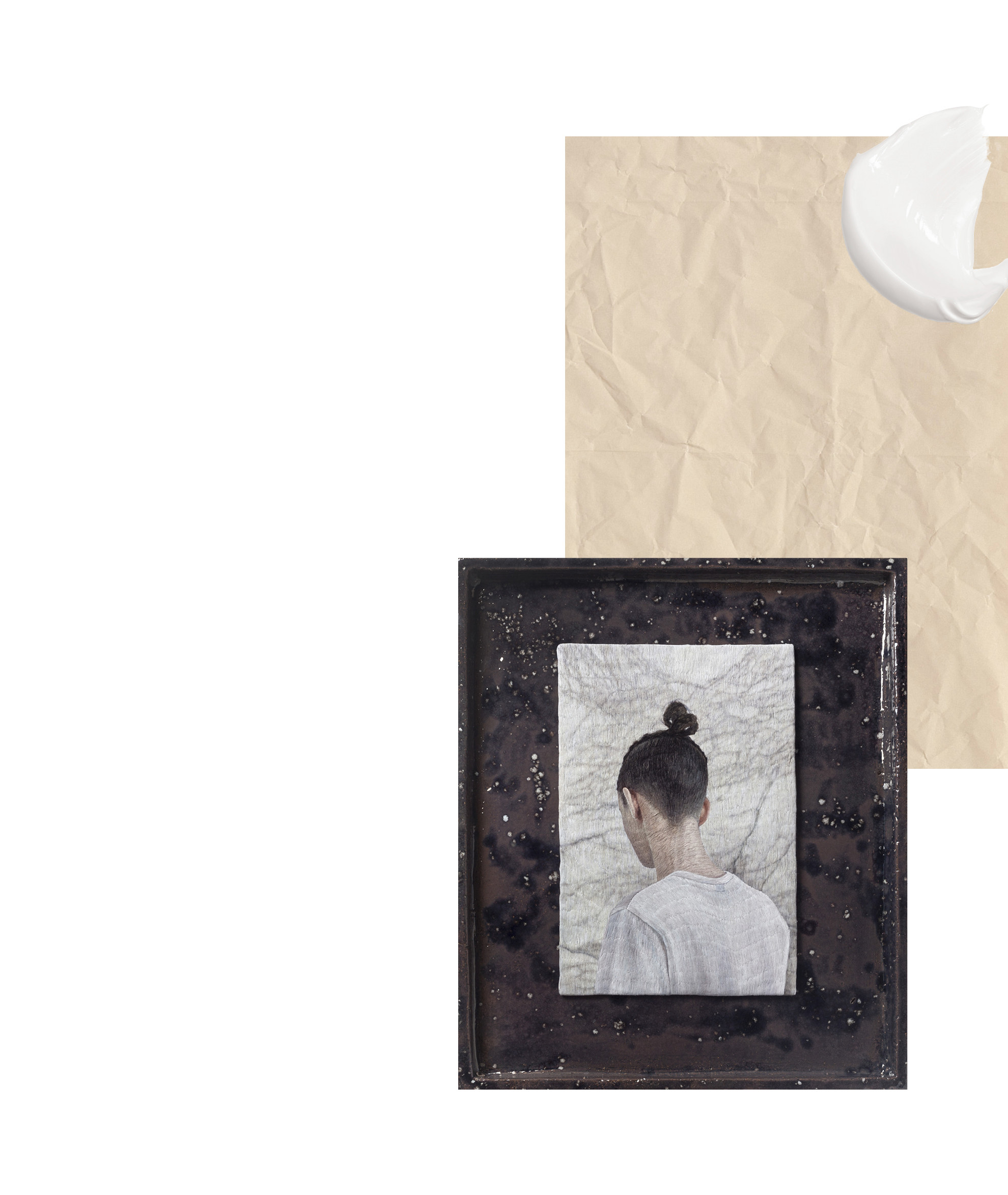
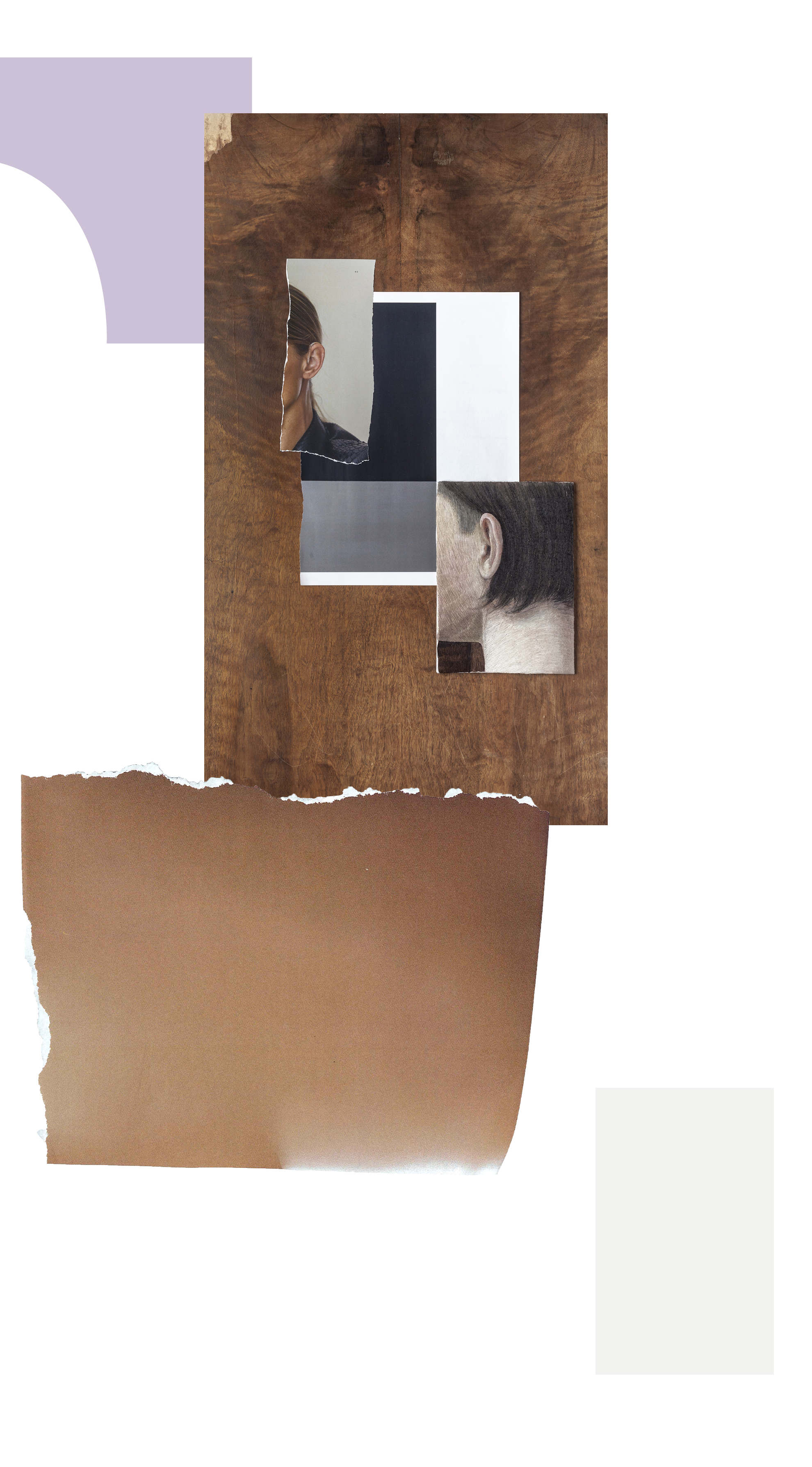
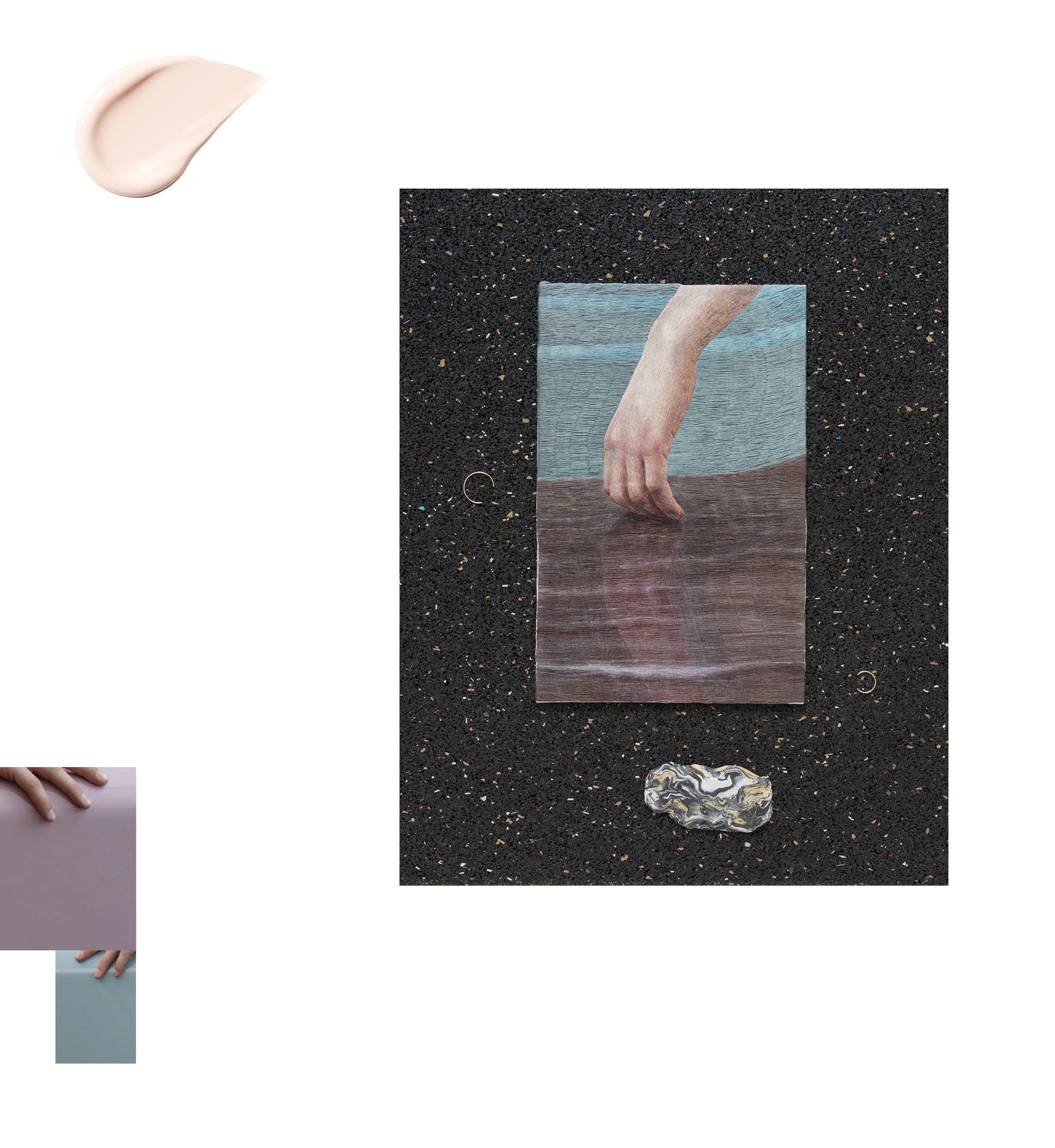
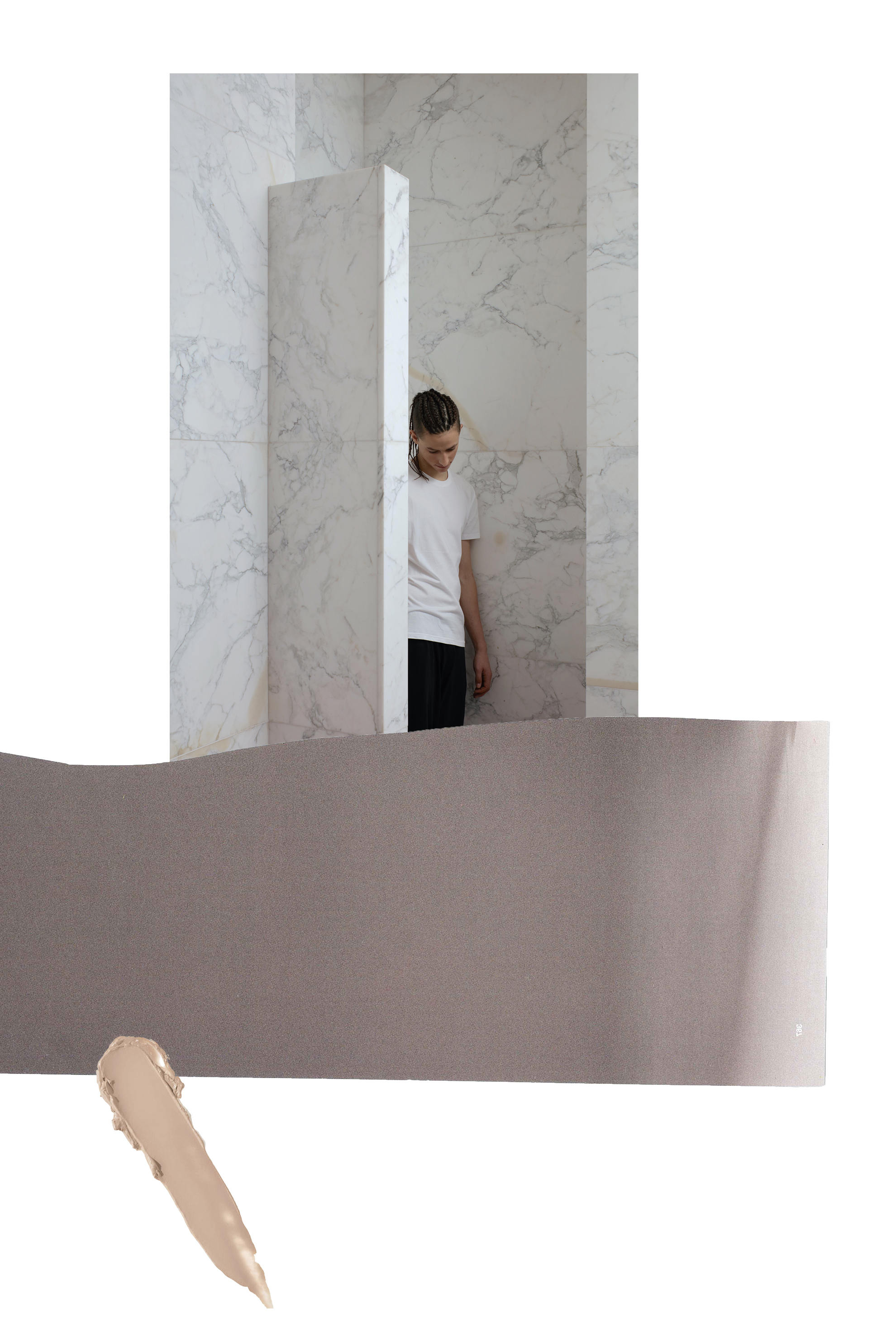
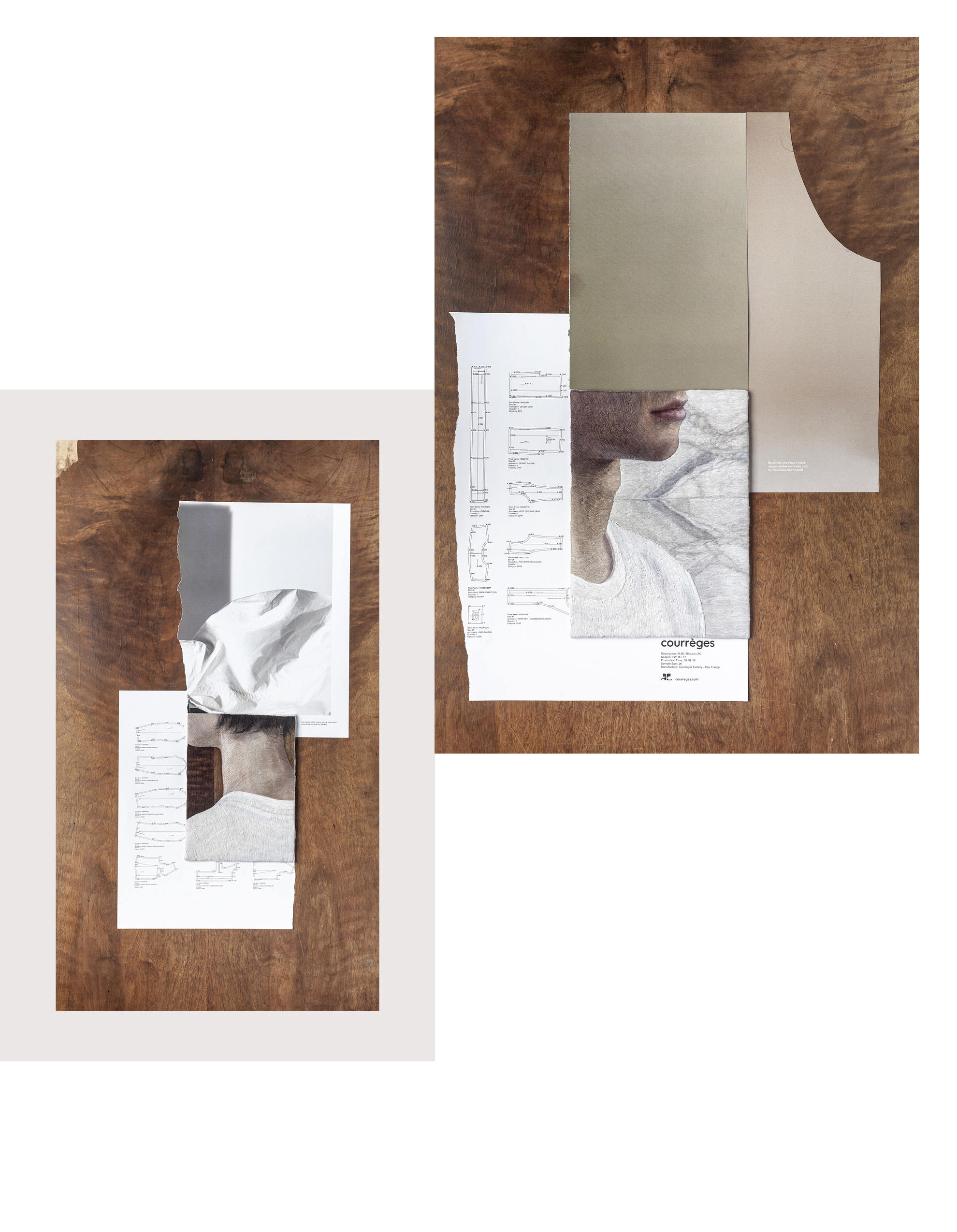
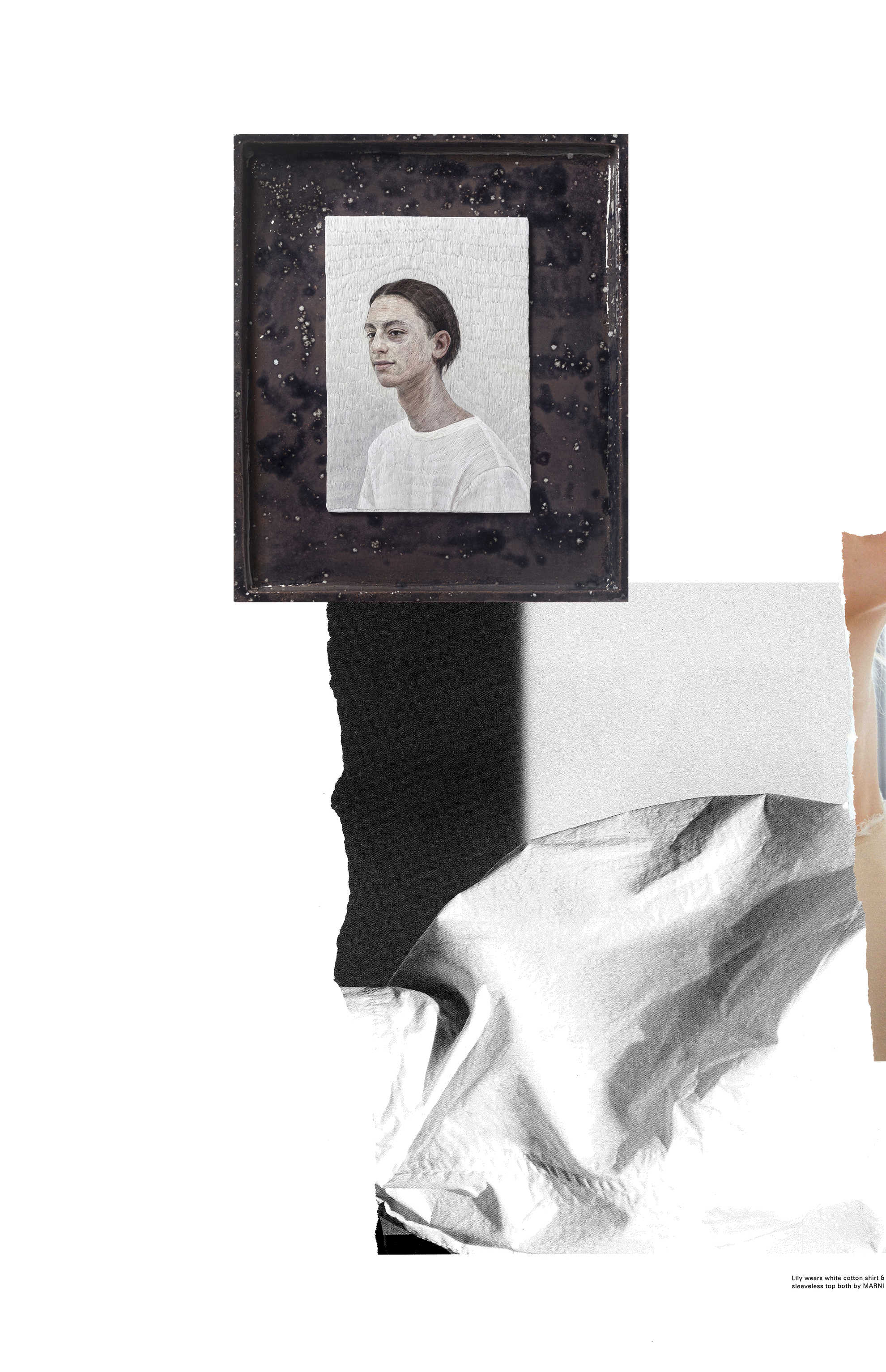
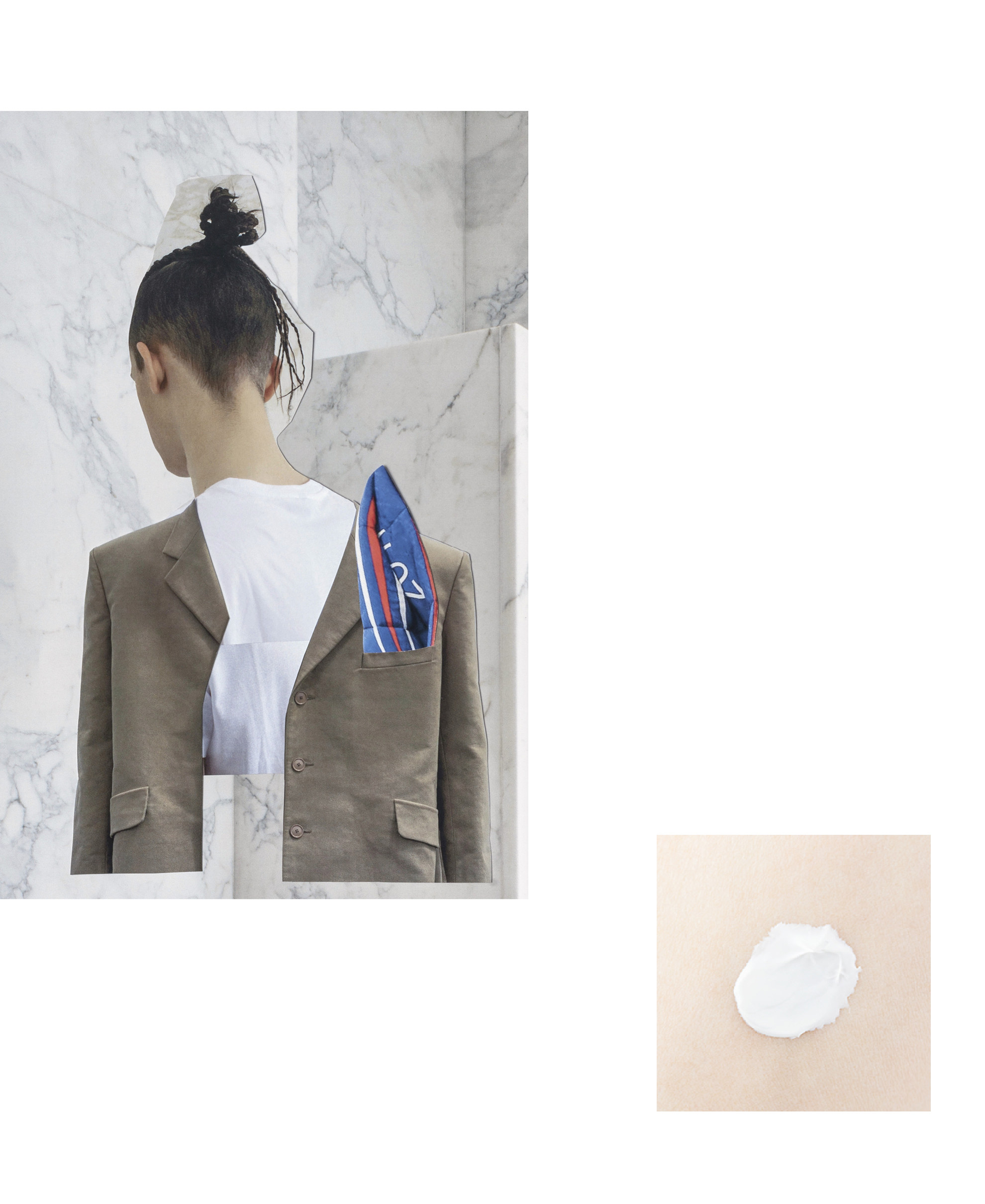
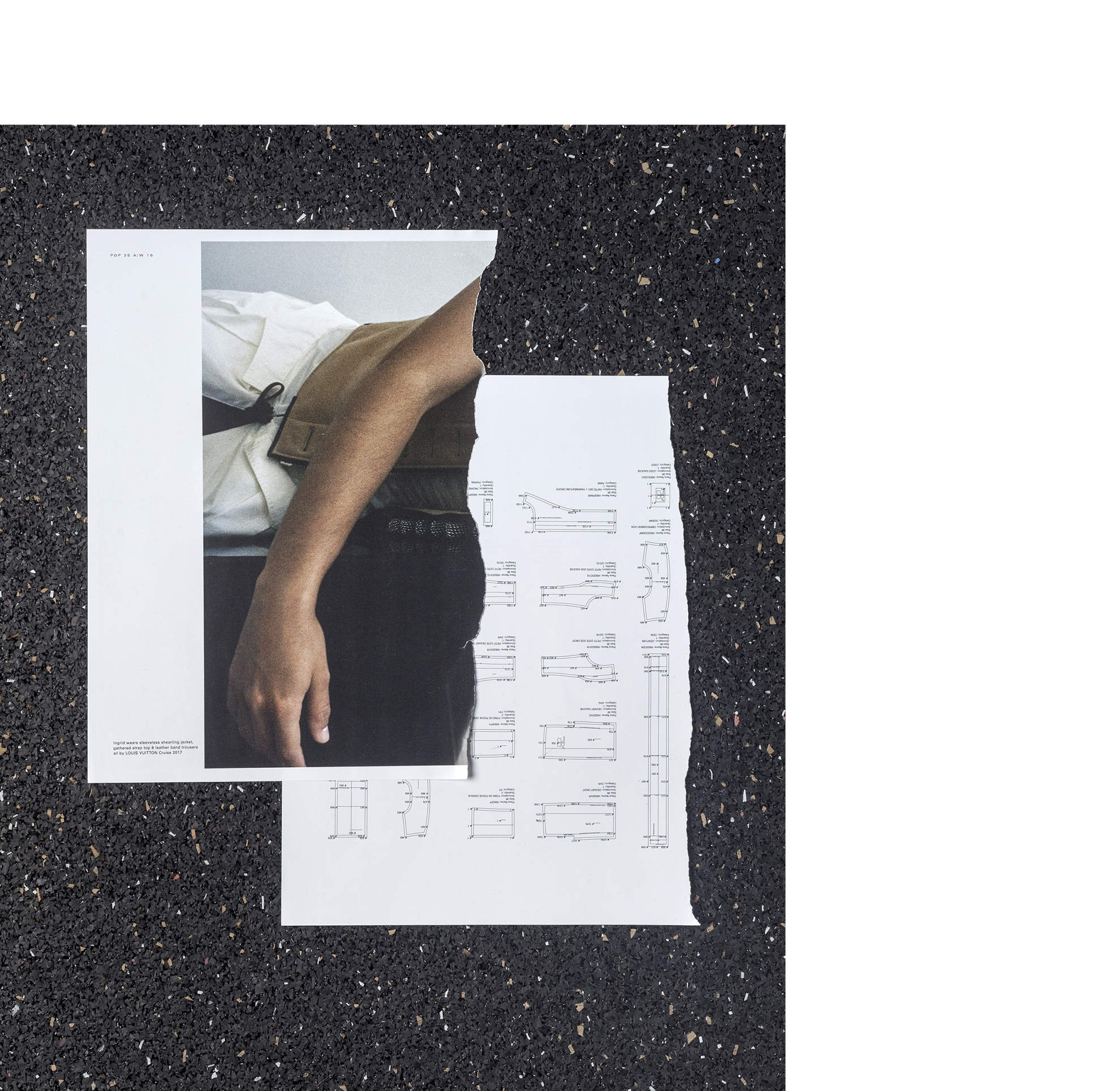
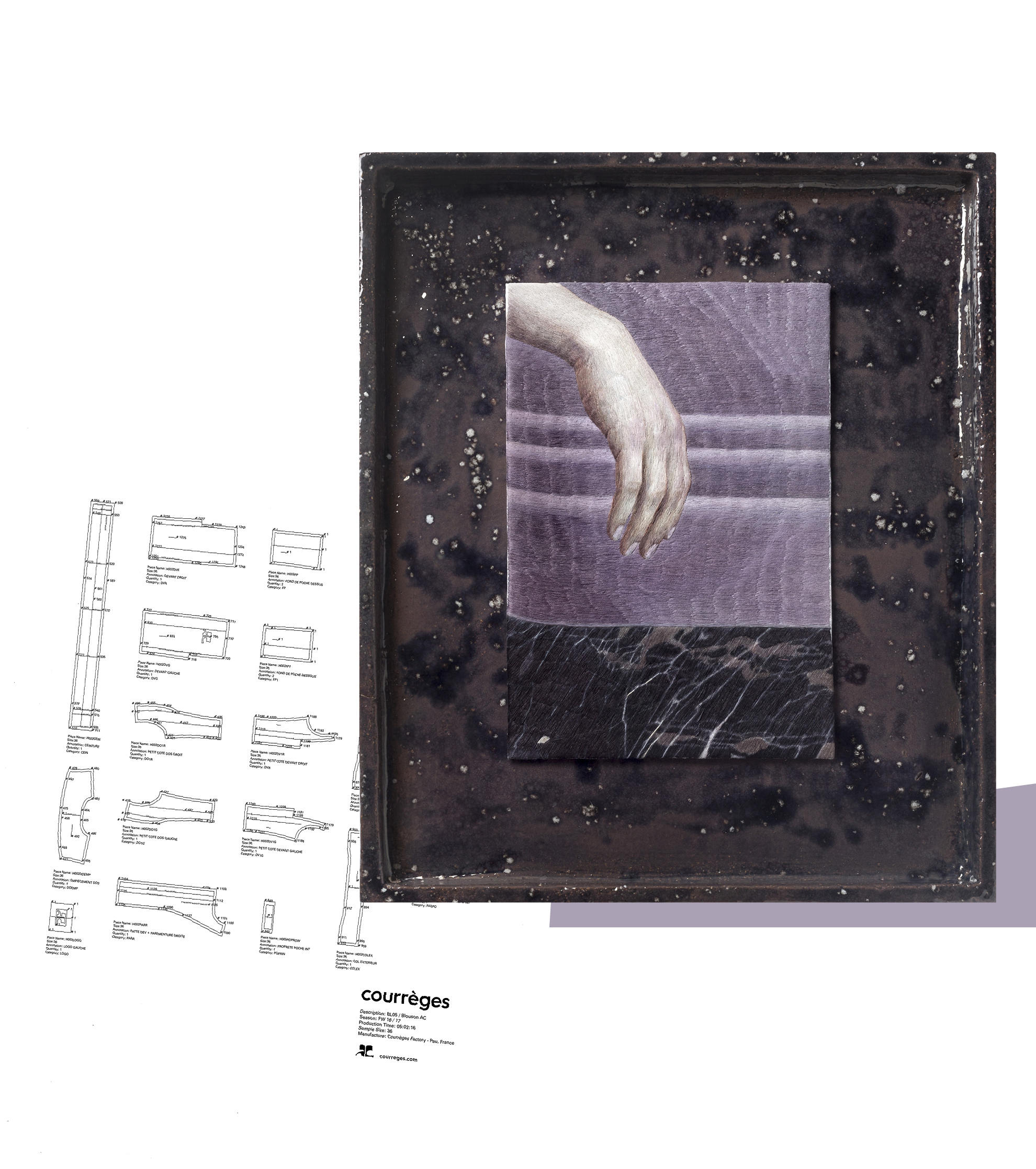

The proscenium is on one side made up of a photo archive showing one of the most characteristic feats of modern architecture, Tugendhat House (Vila Tugendhat), built in the city of Brno in 1928-1930, designed by German architect Ludwig Mies van der Rohe, and, on the other side, bathroom interiors of the Volman House (Volmanova vila) in Čelákovice, built in 1938-1939, both in the Czech Republic. The outer edge of the proscenium accommodates a pit for the prompter, a young artist and fashion designer Klára Hosnedlová. And the actors? They express themselves in unison, dialoguing with the scenography composed of an articulate series of elements and careful chromatic variations that offer a look at possible relationship dynamics aimed to explore the body-thing relation. The body rediscovers itself and its parts become an integral part of the entire scenic handwriting.
Klára Hosnedlová aims to make the purely gestural central position of corporality more intensive, emphasizing the communicative power of the images that transform into portraits, which in turn talk to things, all adorned by painterly-scenographic realization, which makes the separation between various participants of the game even more uncertain. Who is the protagonist?
Domenico de Chirico
Milan, July 2017
